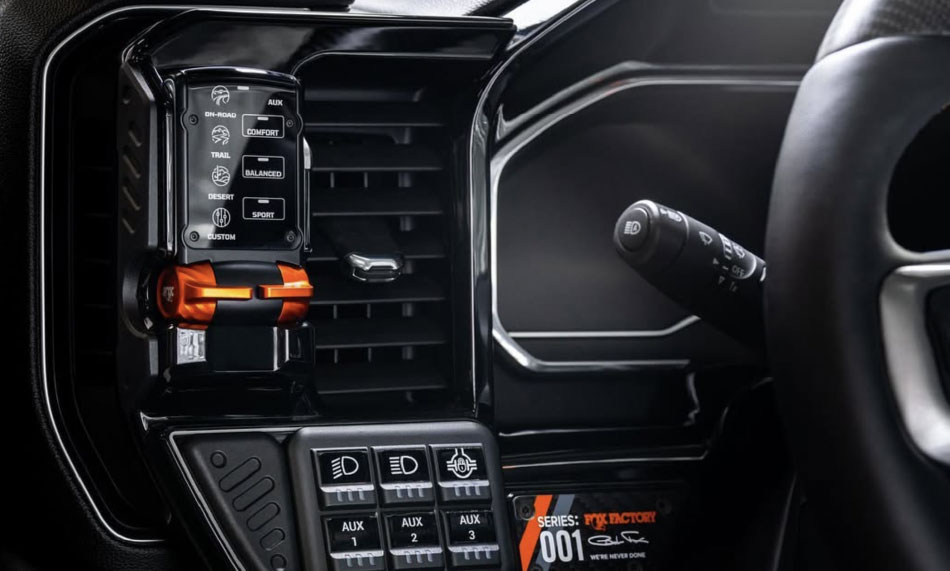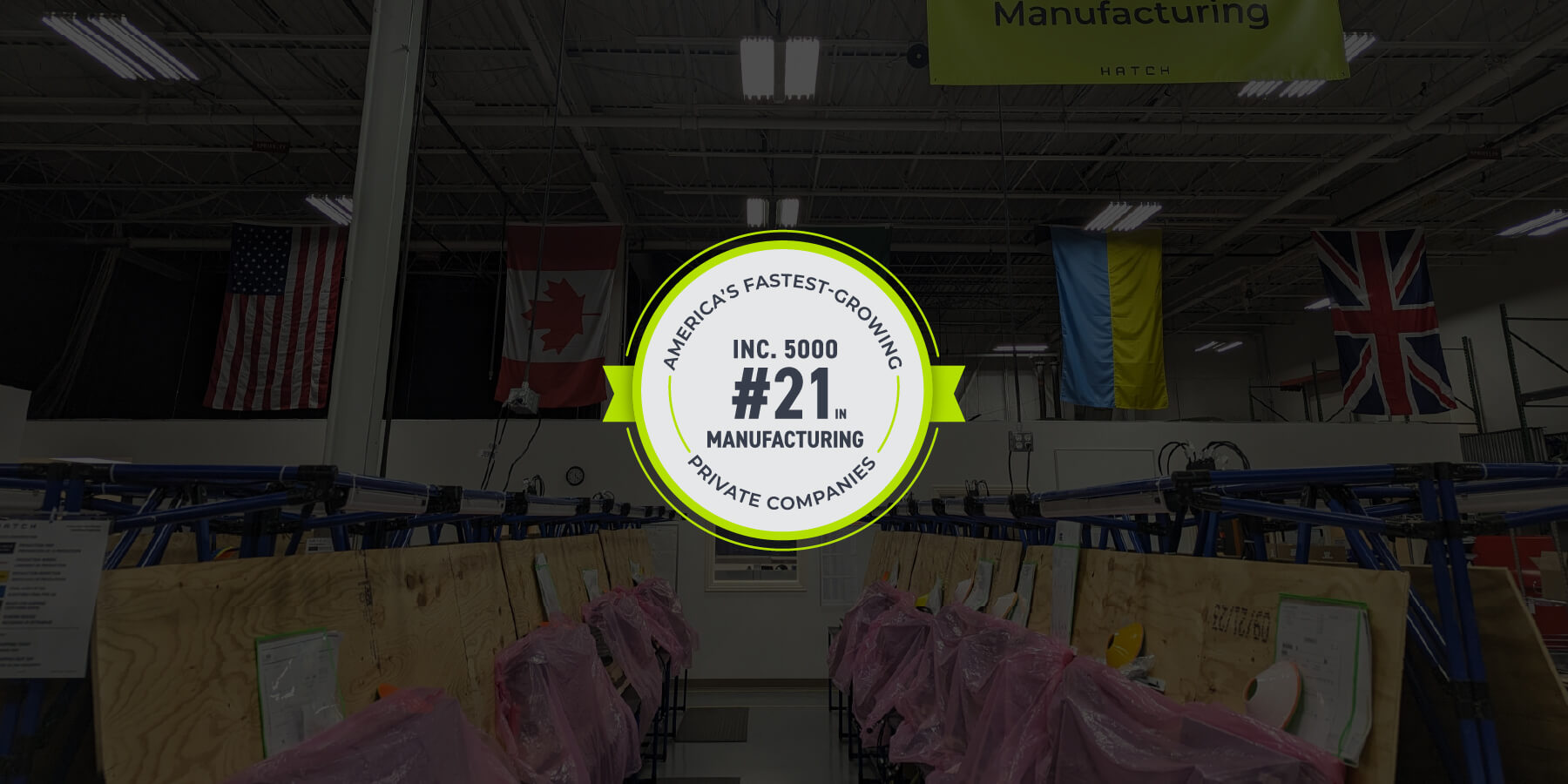By: Addison Merchut
Why We're Not Worried About US Import Tariffs
In today's globalized economy, import tariffs have become a frequent tool used by governments to influence political clout or even non-economic talking points. While tariffs seem as though they can significantly impact your businesses, Hatch Contract Manufacturing remains unfazed. Let's delve into the reasons why.

Understanding the Nature of Tariffs
While tariffs grab news headlines, it's crucial to remember they're primarily political maneuvers, not sound economic strategy. Often used as bargaining chips in other international policies, tariffs rarely cause lasting disruptions to savvy businesses.
In fact, the fear of tariffs often causes more damage than the tariffs themselves. Knee-jerk reactions to potential tariff changes can trigger costly supply chain disruptions that outweigh the actual impact of the US import tariffs.
Smart businesses understand this and build resilience into their strategies. Instead of panicking, they focus on long-term solutions and strategic partnerships to mitigate any potential cost increases. Ultimately, tariffs are rarely a justifiable reason to overhaul an established well-planned supply chain.
Hatch's Proactive Approach to Mitigating Supply Chain Risk
At Hatch, we've always prioritized supply chain risk mitigation. This proactive approach has equipped us to navigate challenges like tariffs with ease. Here's a breakdown of Hatch’s four-tiered "Tariff Engineering" strategy:
1. Strong, Long-Term Partnerships:
- We've cultivated relationships with trusted vendors for over 25 years.
- Our diverse network of partners allows us to leverage economies of scale and negotiate favorable terms.
- Our vendors understand the complexities of international trade and are willing to work with us on finding solutions.

2. Optimizing Order Quantities:
- Increasing order quantities can lead to significant cost reductions.
- Larger orders improve resource utilization and reduce overhead costs per unit.
- This approach ensures optimal efficiency and minimizes the impact of import tariffs.

3. Strategic Supply Chain Management:
- We optimize our supply chain at both the part and subassembly levels.
- By carefully analyzing labor costs, tariff implications, and manufacturing efficiencies, we identify the most cost-effective approach.
- Our real-time assessment of global economic factors allows us to adapt to changing conditions and mitigate tariff-related risks.

4. Design for Manufacturing Excellence:
- Our expertise in design for manufacturing enables us to continuously identify cost-saving opportunities up front and reduce part cost overall.
- By optimizing component design, manufacturing processes, and assembly techniques, we can reduce material usage, simplify production, and minimize shipping costs.
- This holistic approach ensures that our products are not only high-quality but also cost-effective.

While tariffs may pose challenges for some businesses, Hatch Contract Manufacturing is well-positioned to navigate this complex landscape. Our long-standing partnerships, strategic supply chain management, and commitment to design excellence allow us to minimize the impact of tariffs and deliver exceptional value to our customers. By understanding the true nature of US import tariffs and implementing proactive strategies, we can continue to thrive in a globalized economy.
In short, our engineering and manufacturing processes enable our team to navigate tariff changes to deliver a cost effective product. If you're interested in learning more about how Hatch's approach to US import tariffs could help you, get in touch with our team.


